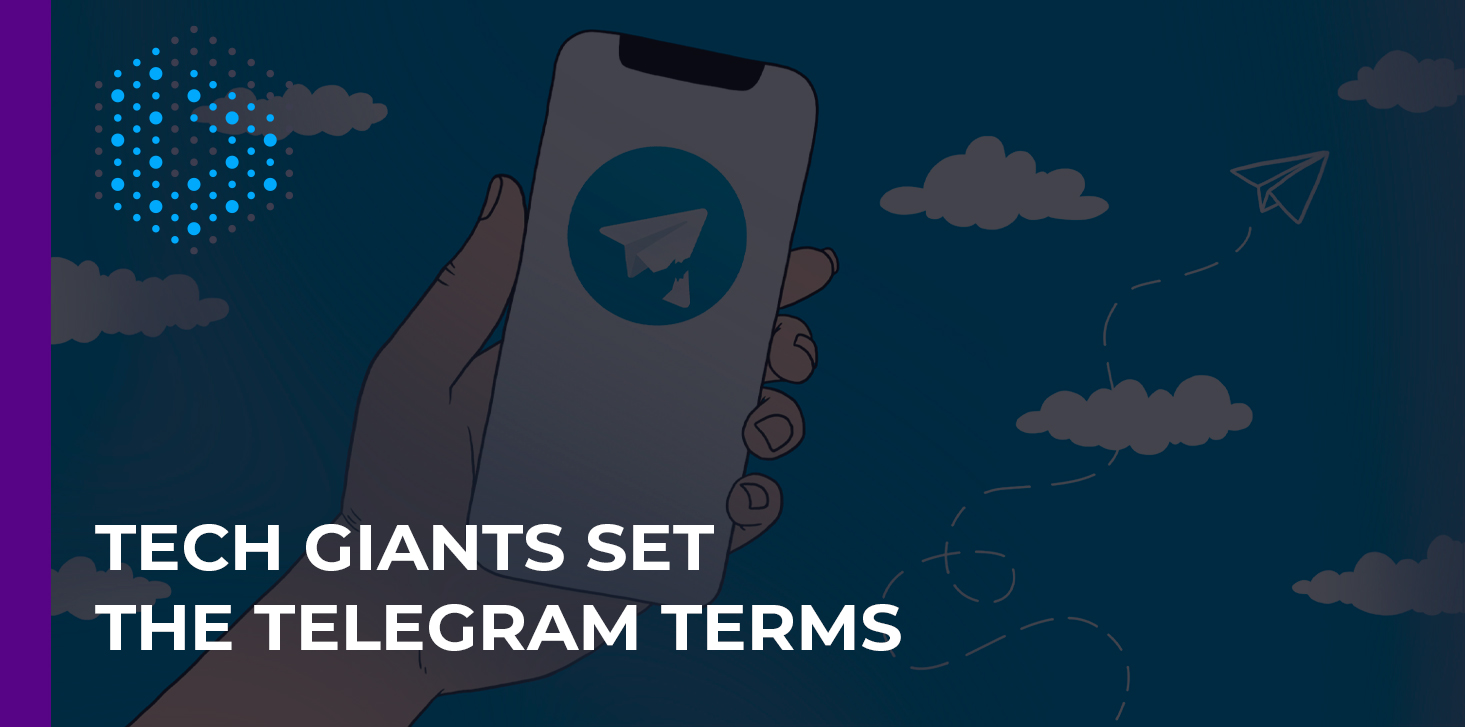Telegram forced to close channels of Belarusian protesters
Apple forces Telegram to close several channels Belarusian protesters, arguing that revealing the identity of law enforcement officers could lead to further violence.
Tech giant set Telegram terms
The three messaging channels in question are used by protesters against the allegedly rigged elections in Belarus that resulted in the re-election of President Alexander Lukashenko. The channels were flagged by Apple because social media allegedly mentions government officials.
Under the pretext that the channels promote violence and pose a threat to the security of government officials because their names are revealed in social media streams, Apple demanded that Telegram delete the social channels.
Telegram, on the other hand, would prefer to keep these channels open, but the company said it believes it has no choice in the matter. These channels are a tool for Belarusian citizens, but with a centralized organization like Apple shouting in its own app store, there is little the protesters can do.
Telegram has no choice but to comply. Almost 15% of the country’s population uses an iPhone, and failure to comply with Apple’s requirements will lead to the app being excluded from the App Store, which will lead to the loss of a huge portion of users.
The tension between Apple and Telegram is part of a broader issue surrounding the 2020 Belarusian election, when incumbent President Alexander Lukashenko was re-elected despite claims that the election was rigged. As a result, thousands of Belarusian citizens took to the streets in protest.
This tension also highlights the problem of centralized app stores. “Unfortunately, I think that on iOS channels will also be banned. But there are other platforms,” Durov said.
The Telegram CEO also said in a message about the 30% tax rate in the App Store:
“Apple even restricts us app developers from telling our users that certain content has been hidden from iPhone users specifically at their request,” adding: “Apple must understand how ridiculous their attempt to censor content globally looks”.
Decentralized applications as an alternative
In such situations, decentralized alternatives that do not rely on large companies can give protesters the opportunities they need to Express their concerns.
In decentralized applications, content can only be removed by the publisher of that content, if at all possible. In other words, there is no Central authority with the power to censor or control what is published. Decentralized applications often work on their own, supported by user donations rather than external funding, which can be another useful tool for protecting the word from external political influence.
One of these applications is Voice, which uses blockchain technology to provide solutions for social networks, ensuring that user interaction is publicly available, and there are no hidden algorithms.
Mastodon, another alternative social media platform, belongs to the community and is a full-fledged alternative to traditional messengers. The site is fully funded by donations, which eliminates the risk of having to answer to external investors.
The third decentralized platform is Peepeth, which operates on the Ethereum network. Peepeth is built just like Twitter, but content quality takes priority over engagement and advertising.
As protests become more widespread around the world, it is becoming increasingly clear that centralized apps are not suitable.
